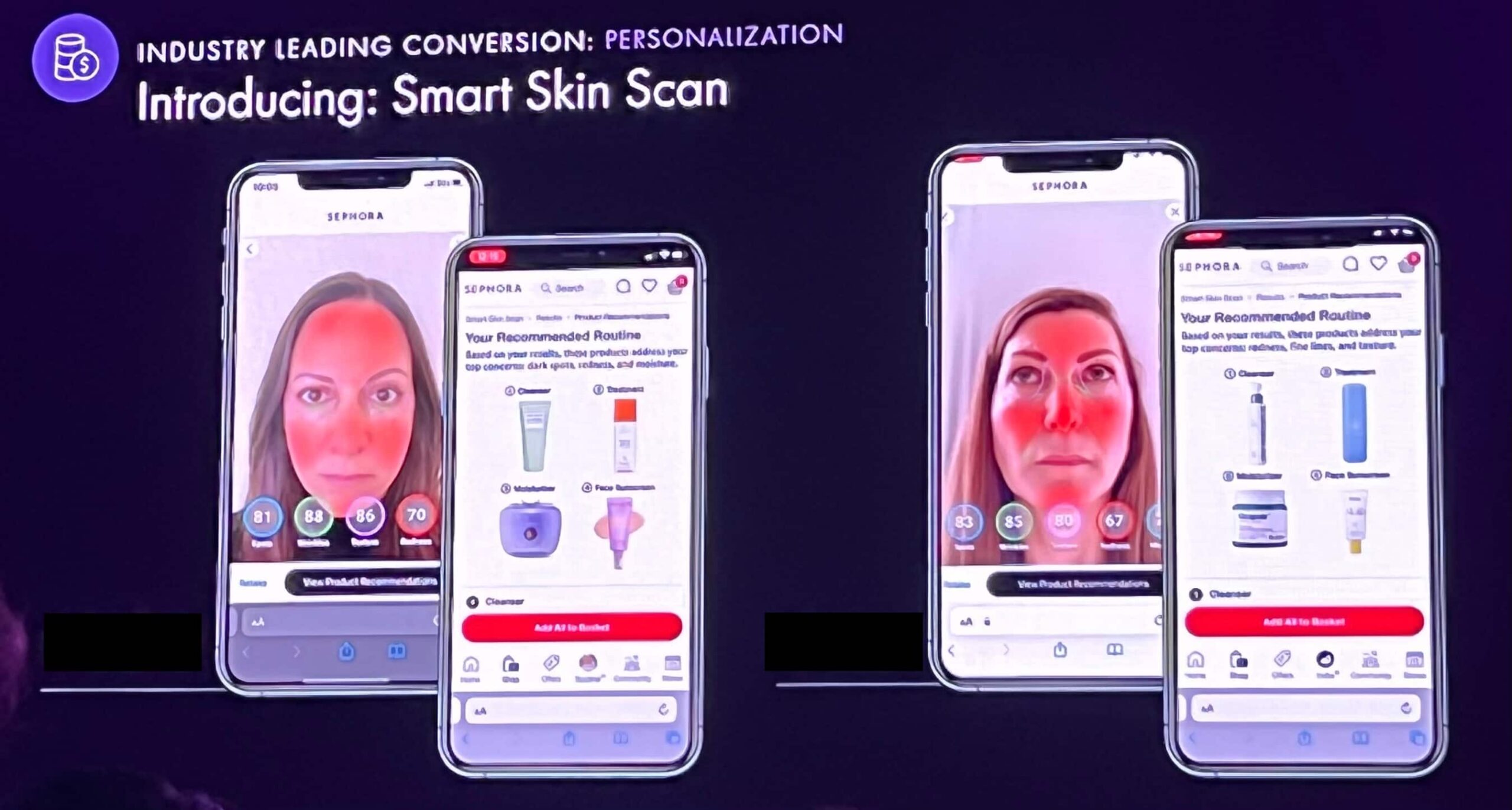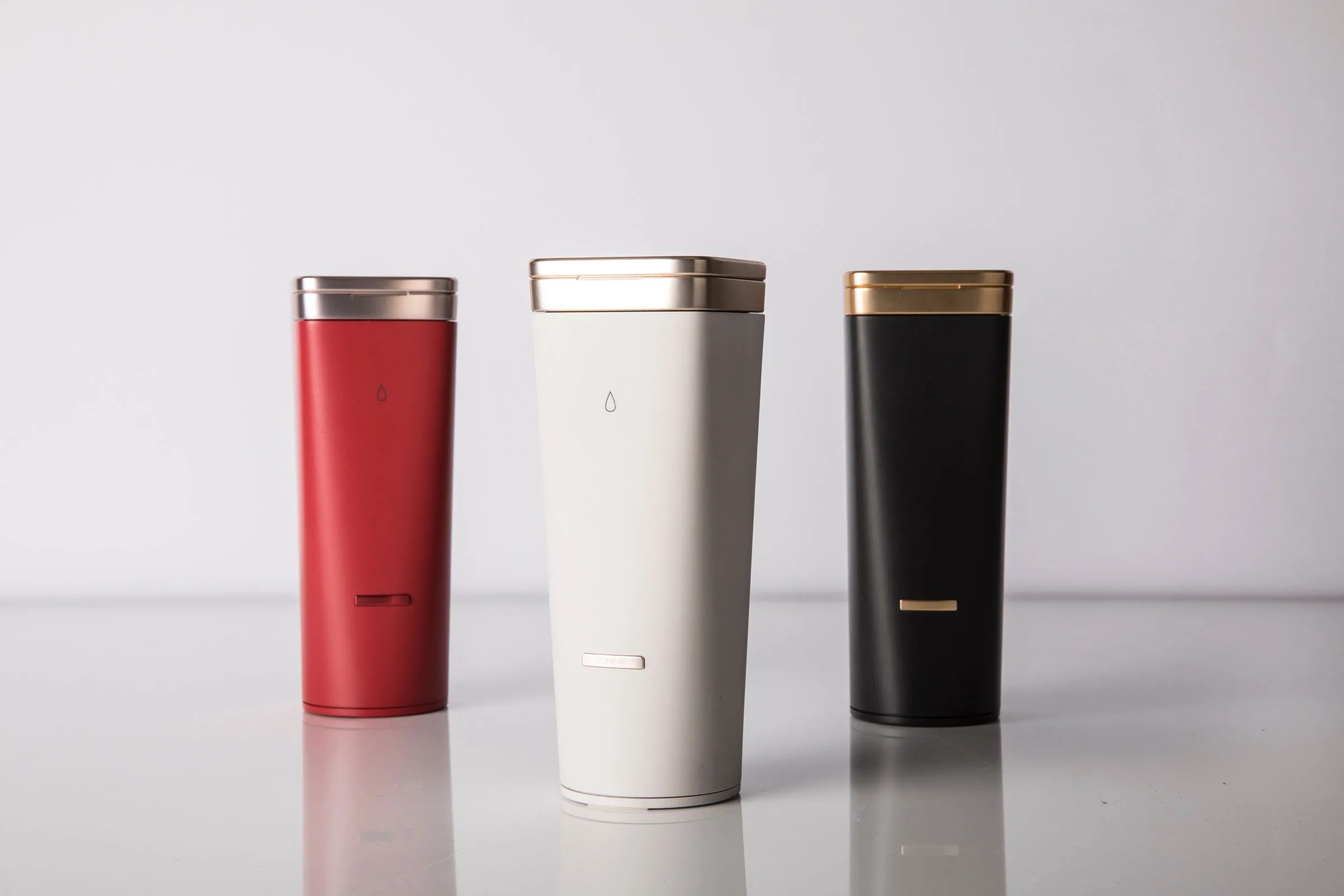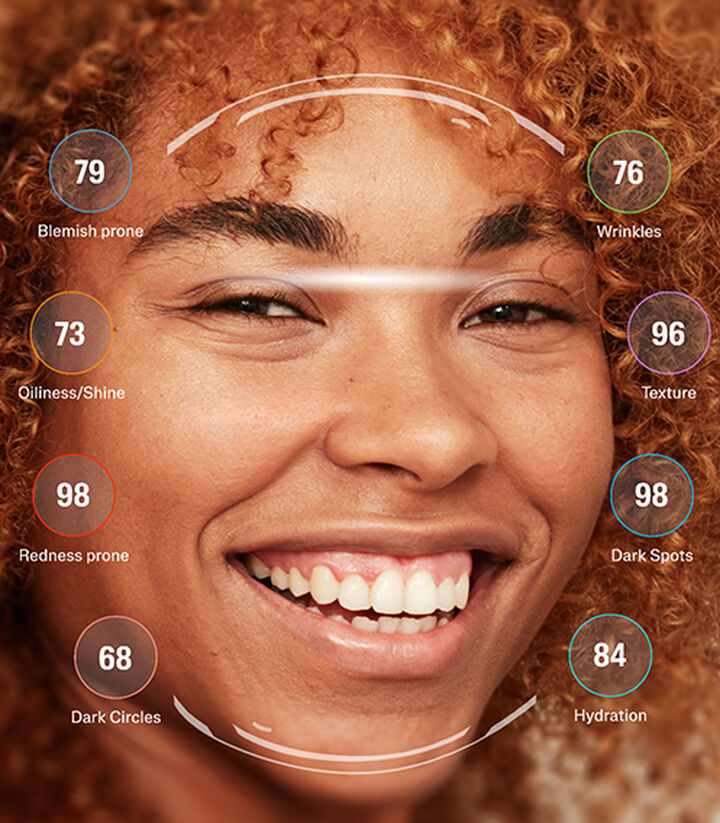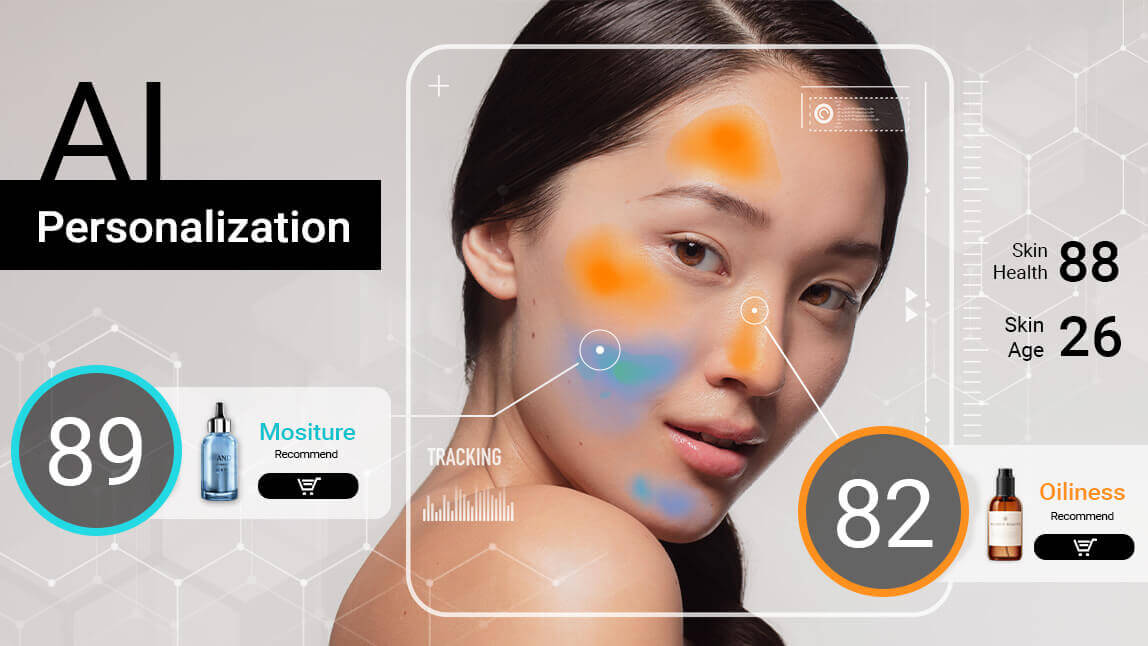Have you noticed how AI-personalized skincare has quietly—but powerfully—reshaped the beauty industry in 2025? From intuitive apps to at-home skin scanners and tailored product recommendations, the journey to radiant skin often begins with just a selfie. Yet, as the tech conversation gets louder and more brands jump on the AI bandwagon, one question continues to surface: Can AI skincare analysis truly live up to the promise?
What once required a dermatologist’s visit or a multi-step consultation now starts with something as simple as a selfie. In 2025, AI-personalized skincare has become more than a novelty—it’s an accessible entry point into tailored skin health. Whether through smartphone apps, countertop devices, or virtual consultations, beauty brands are harnessing artificial intelligence to decode individual needs and deliver solutions with scientific precision. The result? A new kind of skincare experience—faster, smarter, and increasingly intuitive. But as this shift accelerates, it also raises new questions about accuracy, limitations, and the evolving role of human expertise.
Personalized Precision: From Cetaphil to La Roche‑Posay
Brands are in a full sprint to integrate AI skincare analyzer tools into their ecosystems, and the results are beginning to redefine the skincare experience. Take Cetaphil’s MySkin by Cetaphil, for instance: it scans your face via selfie and delivers a personalized skincare routine in just four simple steps. Meanwhile, La Roche‑Posay’s MyRoutine AI goes a step further, tapping into a vast skin-strength database of over 50,000 graded photos and claiming a striking 95% accuracy rate. Then there’s L’Oréal’s Perso—a sleek, futuristic countertop device that formulates custom moisturizers and serums based not just on your skin scan, but also on local environmental data. Suddenly, your vanity is starting to feel more like a science lab, and your skincare routine more like a tech-powered ritual.
Store Innovation: Sephora, Olay, and YSL

Brick-and-mortar beauty isn’t being left behind in the AI revolution—it’s evolving with it. Sephora’s Color IQ and Virtual Artist tools have redefined in-store experiences, transforming how customers try on cosmetics while significantly boosting digital engagement and conversion rates. Over at Olay, the Skin Advisor, an AI-powered tool that estimates your skin’s age with around 90% accuracy, helped drive a remarkable 200% increase in conversions following its debut. And then there’s YSL Beauty’s Rouge Sur Mesure, which uses AI to create custom lipstick shades tailored to your skin tone and preferences. Altogether, these innovations mark a beauty landscape where AI-personalized skincare isn’t just a trend in 2025, it’s the new standard.
Meet Perso: The Future of Skincare at Home

Standing sleek and compact on a vanity or bathroom counter, L’Oréal’s Perso might be mistaken for a next-gen speaker, but it’s quietly revolutionizing beauty routines in 2025. Beneath its minimalist design lies a powerful fusion of artificial intelligence and data-driven skincare. This isn’t just a gadget—it’s AI skincare analysis, embedded into your daily life and tailored in real time.
It all begins with a selfie. Using L’Oréal’s ModiFace technology, Perso scans your skin to assess fine lines, pore size, dark spots, and texture. But the innovation doesn’t end there. The device syncs with Breezometer to pull in real-time environmental data based on your location, from UV index and humidity to pollen count and pollution levels. These external factors play a crucial role in shaping your skincare formulation, right alongside your personal skin profile.
From there, users input specific concerns into the Perso app—whether it’s dullness, pigmentation, dehydration, or fine lines. You can even customize how rich or lightweight you want the product to feel. Using this combined intel, Perso then dispenses a single-use dose of serum, moisturizer, or eye cream, fine-tuned for morning or evening use. Bonus: the sleek dispensing tray doubles as a mirror, making the experience feel as thoughtful as the formula itself.
In essence, Perso functions like a skincare barista—blending ingredients on demand, adjusting to your needs, and serving up personalized skincare that’s as fresh as it is futuristic.
Can AI Skincare Replace Dermatologists and Aestheticians?

Here’s where the conversation gets tricky. As AI-personalized skincare continues to dominate the 2025 beauty landscape, a key question emerges: Will these high-tech innovations eventually replace traditional skin experts?
The answer? Not quite.
While tools like Perso, Olay’s Skin Advisor, and La Roche-Posay’s MyRoutine AI are impressive for customization, they still have limits. Yes, they can detect visible skin traits, suggest ingredients, and adjust routines based on weather or personal preferences. However, they fall short when it comes to deeper concerns. These tools can observe—but they can’t diagnose.
That’s where human expertise comes in. Dermatologists and aestheticians offer far more than product recommendations. They bring clinical experience, a trained eye, and the ability to identify early signs of serious skin issues. They can also personalize treatments that go beyond surface-level concerns, something even the smartest app can’t replicate. And let’s not forget the emotional and psychological side of skincare, which only a human can truly understand.
Think of AI skincare tools as fitness trackers for your face. They’re great for maintaining and enhancing everyday skin health. But when things get complicated—persistent acne, sudden inflammation, or hormonal imbalances—a qualified professional is still your best guide.
That said, the real magic happens when tech meets touch. Many skincare experts now recommend combining AI tools with regular check-ins from professionals. It’s a balanced, holistic approach—one that harnesses the speed of technology and the wisdom of human insight.
AI-Personalized Skincare: Personal, Precise, but Still Evolving

At its best, AI-personalized skincare signals a bold leap forward—one where beauty is no longer one-size-fits-all, but intelligently tailored to you. With tools like L’Oréal’s Perso, Olay’s Skin Advisor, and La Roche-Posay’s MyRoutine AI, we’re entering an era where skincare adapts not just to your skin type, but to your lifestyle, location, and preferences—in real time. From at-home analyzers to virtual consultations and compact devices that sit neatly on your vanity, skincare is becoming smarter, faster, and more intuitive than ever before.
Still, there’s an important distinction to make: AI doesn’t replace dermatologists or aestheticians—it complements them. These tools are here to enhance how we approach skincare, helping users become more informed, more consistent, and more in control of their skin journeys.
Yes, AI can cut through the guesswork. It can pinpoint concerns, recommend ingredients like niacinamide or hyaluronic acid, and offer routines built for your specific needs. But it’s not infallible. Results can vary based on lighting, photo quality, and user input. And while AI can suggest products, it can’t yet detect underlying conditions or offer medical insight. That’s still the realm of the pros.
So, is AI-personalized skincare worth it in 2025? If you’re drawn to innovation, real-time results, and the convenience of tech-powered beauty, the answer is likely yes. But the real future of skincare? It lies in balance between algorithms and intuition, between tech and touch, and most importantly, between listening to your devices and listening to your skin.
Featured image: Jacob Wackerhausen/iStock
For the latest in fashion, lifestyle, and culture, follow us on Instagram @StyleRave_
—Read also
6 Easy Ways To Enhance Your Beauty And Boost Your Confidence
